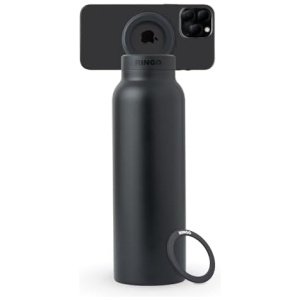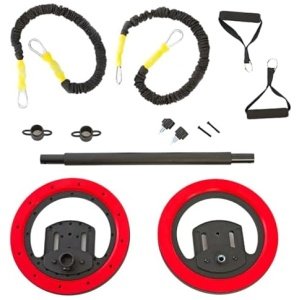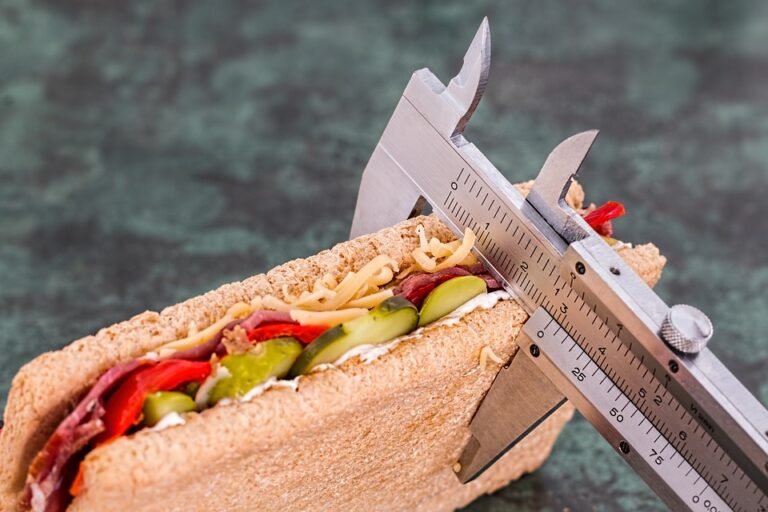Effective Strategies for Sustainable Weight Loss
Weight loss is a common goal for many individuals, but achieving sustainable weight loss can be a challenging task. With the plethora of diets and weight loss programs available, it can be overwhelming to determine the most effective approach. However, by adopting a few key strategies, you can set yourself up for long-term success on your weight loss journey. In this article, we will discuss effective strategies for sustainable weight loss and address some frequently asked questions.
1. Set Realistic Goals:
One of the first steps towards sustainable weight loss is setting realistic goals. It is essential to have a clear vision of what you want to achieve and devise a plan accordingly. Setting attainable goals prevents disappointment and frustration, helping you stay motivated throughout your weight loss journey.
2. Create a Caloric Deficit:
To lose weight, you need to create a caloric deficit, meaning you consume fewer calories than you burn. This can be achieved by combining a balanced diet with regular physical activity. Focus on consuming nutrient-dense foods while limiting your intake of processed and high-calorie foods.
3. Prioritize Portion Control:
Portion control plays a significant role in weight loss. Even healthy foods can contribute to weight gain if consumed in excess. Be mindful of portion sizes and try using smaller plates to help control your portions. This way, you can enjoy a variety of foods without overeating.
4. Incorporate Regular Exercise:
Exercise is crucial for sustainable weight loss. It not only burns calories but also helps build lean muscle, which boosts your metabolism. Aim for a combination of cardiovascular exercises like running or cycling and strength training exercises to maximize your weight loss efforts.
5. Practice Mindful Eating:
Mindful eating involves paying attention to your food choices, eating slowly, and savoring each bite. By practicing mindful eating, you can better recognize hunger and fullness cues, preventing overeating. Avoid distractions while eating, such as watching TV or working on your computer, as this can lead to mindless eating.
6. Stay Hydrated:
Drinking an adequate amount of water is essential for weight loss. Water helps with digestion, curbs hunger, and boosts metabolism. Aim to drink at least eight glasses of water per day, and consider replacing sugary beverages with water or herbal tea.
7. Get Sufficient Sleep:
Sleep plays a vital role in weight management. Lack of sleep disrupts hormonal balance, leading to increased hunger and cravings. Aim for 7-8 hours of quality sleep each night to support your weight loss goals.
8. Seek Support and Accountability:
Enlisting the support of loved ones or joining a weight loss support group can significantly enhance your weight loss journey. Having someone to share your experiences, challenges, and successes with can provide motivation and accountability.
9. Track Your Progress:
Keeping track of your progress is crucial for sustainable weight loss. Whether it’s through a food diary, a weight loss app, or regular measurements, monitoring your progress allows you to make adjustments to your plan as needed. It also helps you celebrate milestones and stay motivated.
10. Practice Self-Care:
Lastly, prioritize self-care throughout your weight loss journey. Manage stress levels, find healthy outlets for emotions, and practice activities that bring you joy and relaxation. Taking care of your mental and emotional well-being is just as important as taking care of your physical health.
FAQs:
Q: How quickly can I expect to lose weight?
A: The rate at which individuals lose weight varies depending on various factors such as metabolism, starting weight, and adherence to a weight loss plan. It is generally recommended to aim for a steady weight loss of 1-2 pounds per week for sustainable results.
Q: Are there any specific diets that are more effective for weight loss?
A: There is no one-size-fits-all approach to weight loss, as different diets work for different individuals. However, focusing on a balanced diet that includes a variety of whole foods, lean proteins, fruits, vegetables, and whole grains is generally recommended for sustainable weight loss.
Q: Can I still enjoy my favorite foods while trying to lose weight?
A: Yes, it is possible to incorporate your favorite foods into a healthy eating plan. Moderation is key. Consider portion control and finding healthier alternatives or lower-calorie versions of your favorite dishes.
Q: How do I stay motivated on my weight loss journey?
A: Setting realistic goals, tracking your progress, seeking support, and celebrating milestones can help you stay motivated. Additionally, finding activities you enjoy and practicing self-care can contribute to your overall motivation and well-being.
In conclusion, sustainable weight loss requires a combination of healthy eating, regular exercise, and adopting positive lifestyle habits. By setting realistic goals, practicing portion control, prioritizing exercise and sleep, and seeking support, you can achieve and maintain a healthy weight. Remember, weight loss is a journey, and the key is to make sustainable changes that become a part of your lifestyle.













